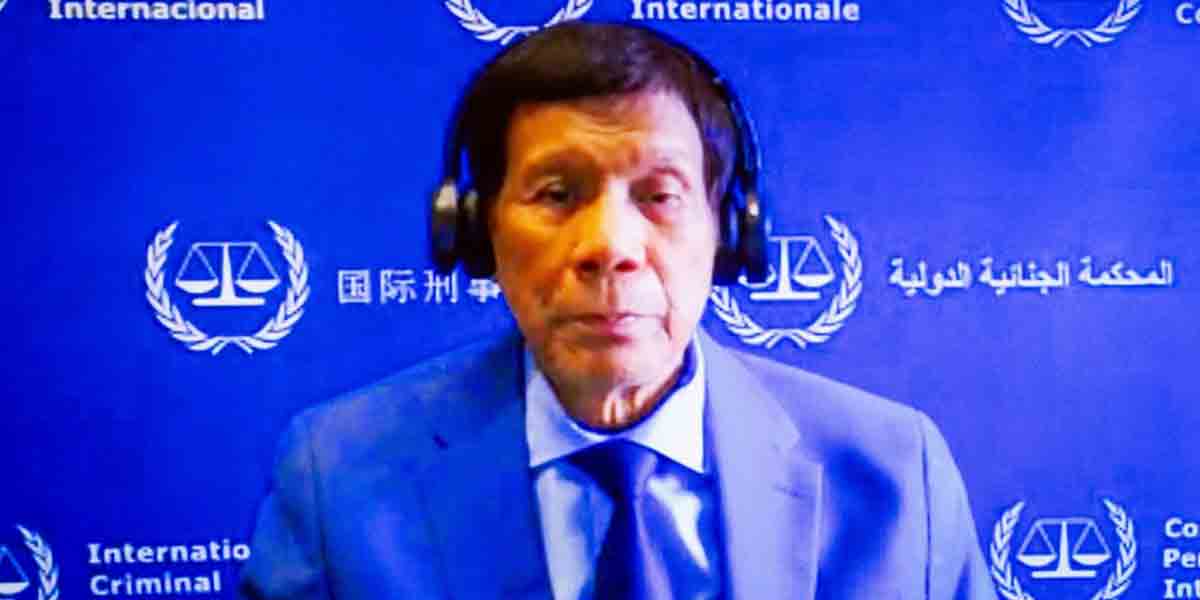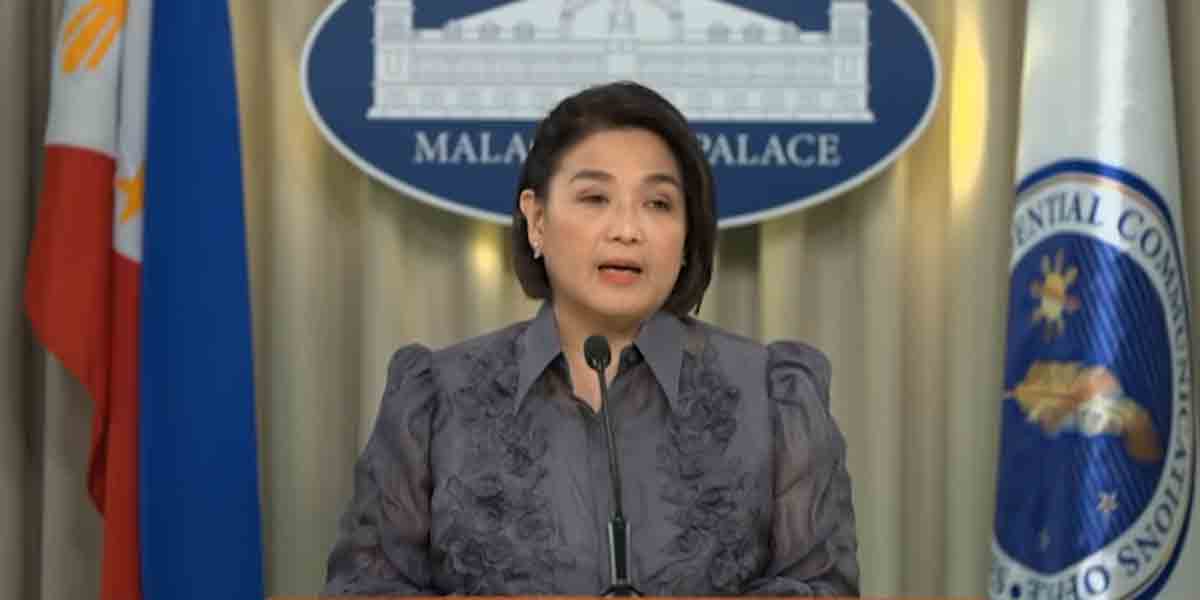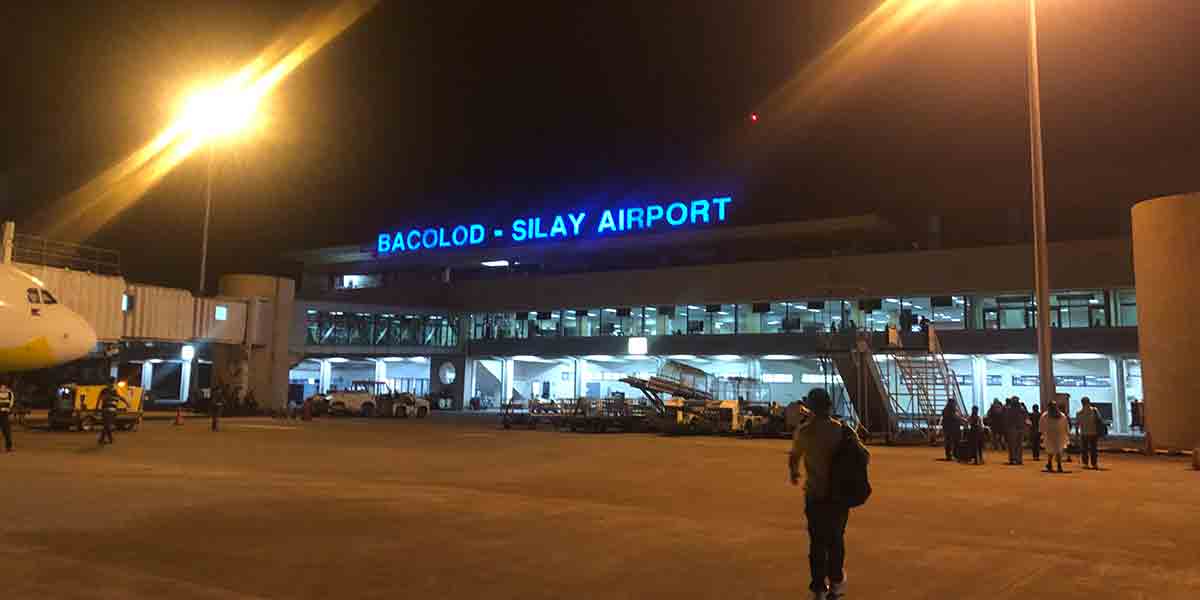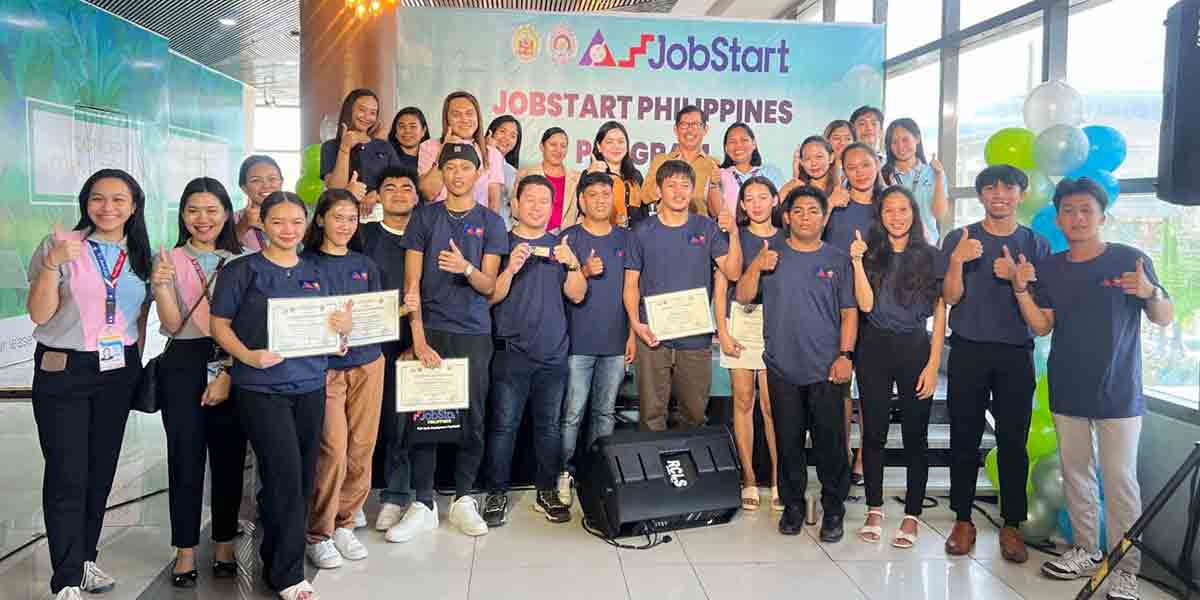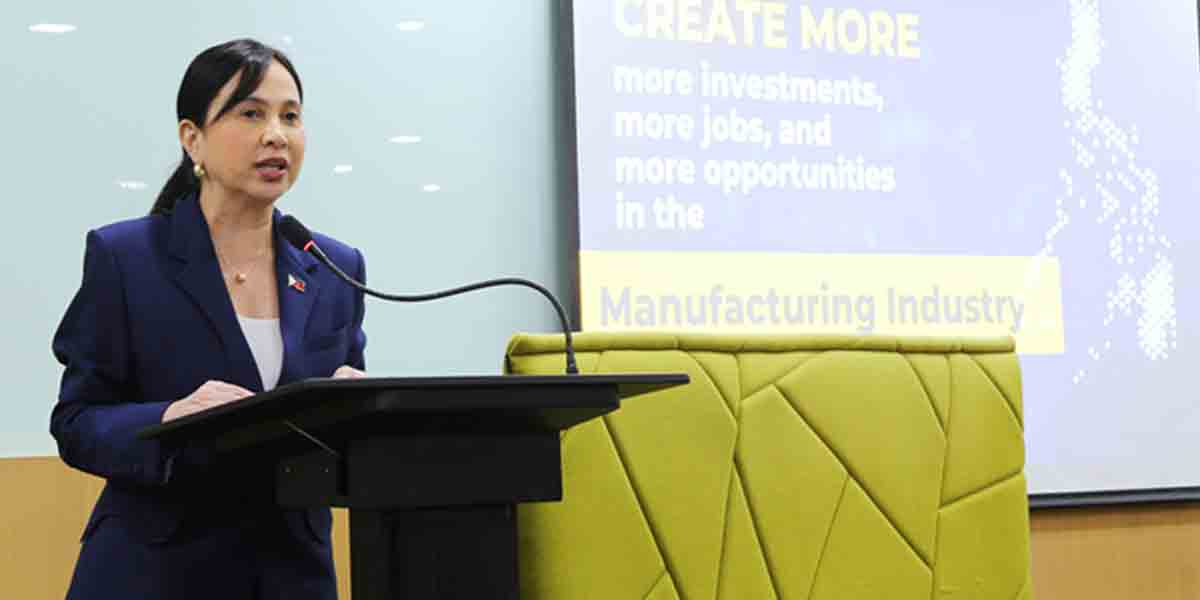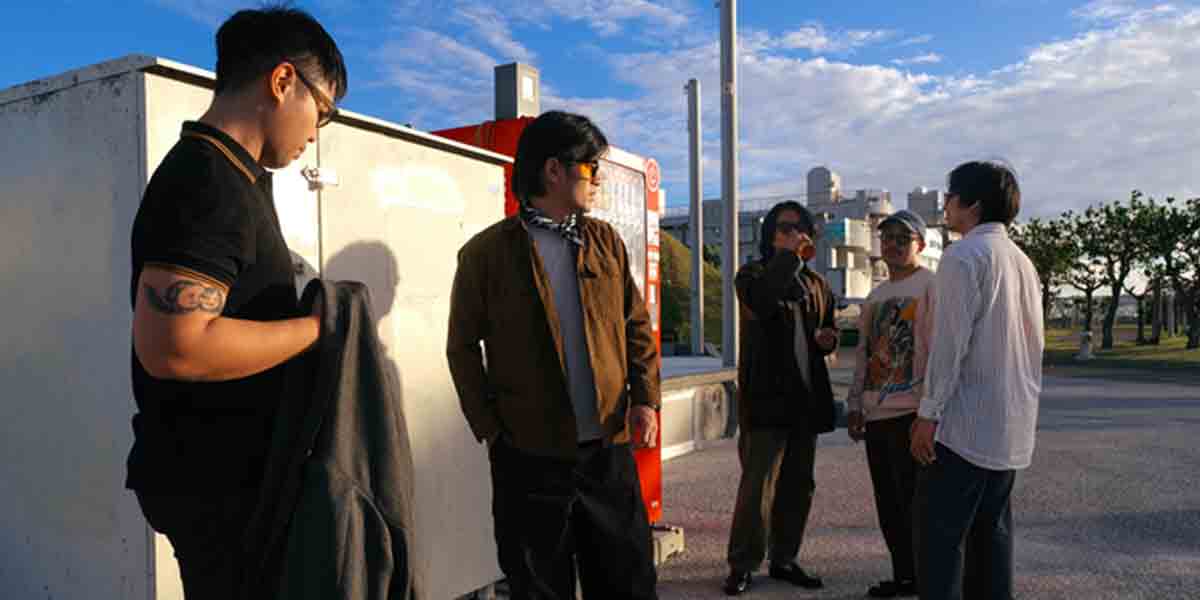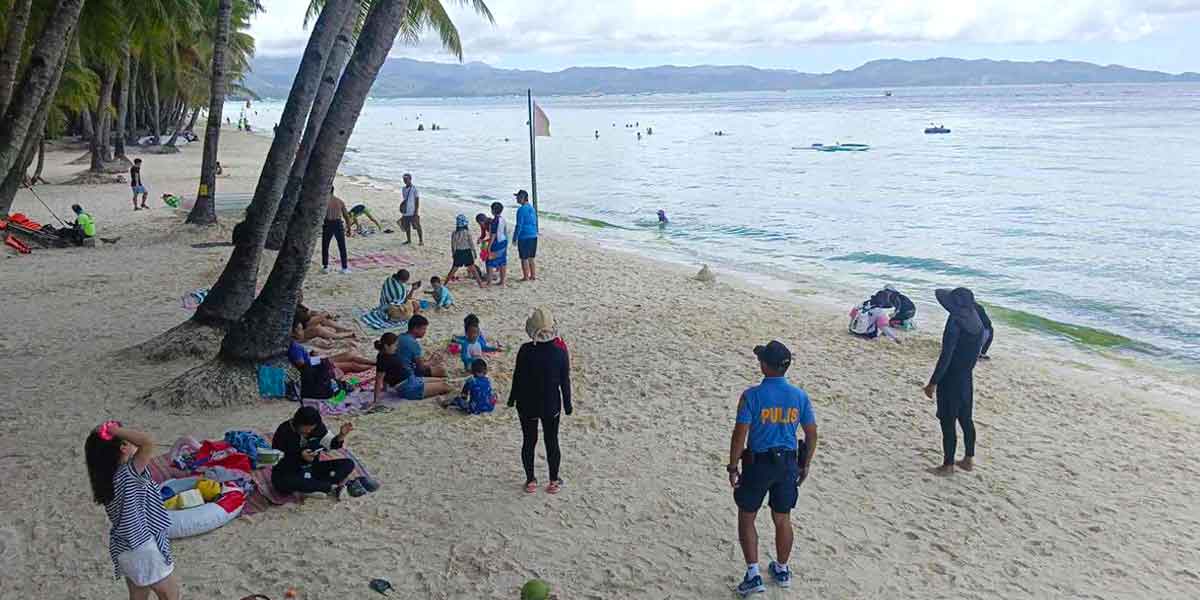Former Iloilo City Mayor Jed Patrick Mabilog’s recent grant of executive clemency signals a pivotal yet complex chapter in his controversial political journey.
The January 15, 2025 resolution from Malacañang lifted his administrative penalties, restoring his eligibility to seek public office. However, his legal battles are far from over, as pending criminal cases continue to cast a shadow on his redemption.
Mabilog’s achievements as a leader cannot be overlooked. He earned international recognition as a top-5 World Mayor and brought accolades to Iloilo City for urban development and governance. Yet, these accomplishments stand in stark contrast to his legal troubles, stemming from accusations of dishonesty, misconduct, and involvement in alleged corruption.
His political career took a dramatic turn in 2016 when former President Rodrigo Duterte labeled him a “major drug protector,” forcing Mabilog to seek political asylum in the United States. The accusation and his subsequent exile became symbolic of the volatility in Philippine politics, where public officials often find themselves entangled in politically motivated persecution.
In 2021, the Court of Appeals exonerated Mabilog from unexplained wealth charges, bolstering his claims that his legal woes were politically driven. However, the unresolved cases before the Sandiganbayan, particularly the allegations surrounding the 3L Towing Services contract, remain critical hurdles.
The timing of the clemency is significant. While it positions Mabilog for a potential political comeback in the 2028 elections, it also raises questions about the political motivations behind the move. Executive clemency in the Philippines has historically been used as a tool for reconciliation or strategic alliances, blurring the lines between justice and political expediency.
Skeptics argue that Mabilog’s clemency might be a calculated maneuver, intended to reshape political alliances ahead of a crucial election cycle. For supporters, it serves as a first step toward restoring his honor and reclaiming his legacy.
For Mabilog, however, the real battle lies beyond the clemency. The ongoing criminal cases before the Sandiganbayan and the court of public opinion will determine whether this legal victory can translate into genuine redemption.
As the 2028 elections draw nearer, the stakes for Mabilog remain high. His journey from a celebrated local leader to a controversial exile and now a potential political contender underscores the unpredictable nature of Philippine politics.
This case also highlights the far-reaching implications of executive clemency. While the President’s power to pardon aims to correct injustices, it often intersects with political calculations, influencing not only the lives of those granted clemency but the broader political landscape.
Mabilog’s clemency marks the beginning, not the culmination, of his journey. Whether it leads to vindication and a triumphant comeback or becomes a symbolic yet hollow victory depends on how he navigates the legal and political challenges ahead.
In the end, his story is a reminder of the delicate balance between justice, governance, and strategy in Philippine politics, where redemption often requires more than legal relief. It demands the resilience to rewrite one’s narrative amid unresolved controversies.

